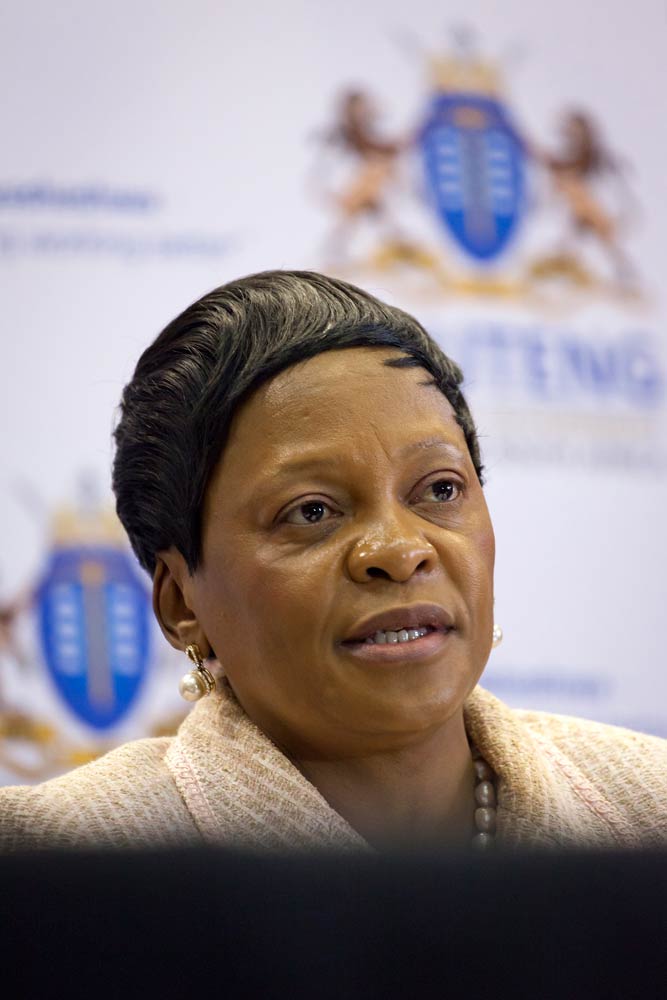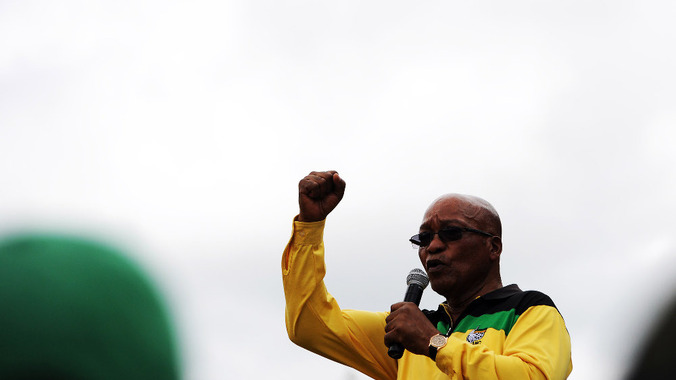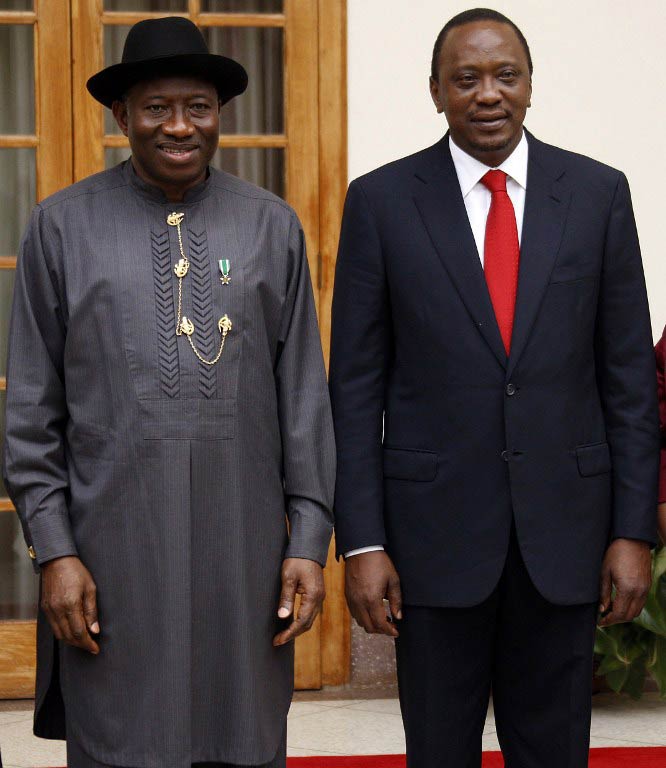
Today, the South African media proudly told the world that a woman – a cabinet minister, at that – was so devoted to President Jacob Zuma that she would defend him with her buttocks.
I will give you a moment to reread that sentence, because if you are a learned speaker of any language it will quickly occur to you that such a statement is nonsensical. But if you are a speaker of a Sotho language, then you will not need to reread this statement, as it will be immediately clear to you that this is, in fact, a direct translation of the idiom Re tlo thiba ka dibono.
The saying directly translates to “we will block with our buttocks”. It simply means that the sayer pledges to (along with some group) defend an individual or ideal with every ounce of their being, even if that means the last resort will be to use a traditionally non-confrontational body part. There are hints by some that this saying comes from Sotho participation in the Anglo-Boer war where Sotho soldiers witnessed Scotsman die with their behinds revealed due to Scottish attire. I cannot say for sure if this is entirely true.
But apparently, this moment to reread this sentence was not afforded to the reporter who wrote this story and the editors who ran it – they neither had the time to research this idiom nor the interest in using this opportunity to provide the interesting history behind it. The original news report by the South African Press Association was republished on various websites including City Press, SowetanLIVE and Independent Online.
No, kind reader, the reporter was far too busy being excited about shoveling out another click-bait headline to give themselves the time to think about the dangers of misrepresenting Minister Nomvula Mokonyane. But the poor soul of this reporter is not my business here.
I am in the business of speaking Setswana and what an interesting business it is today. And by “interesting,” I mean “poorly advertised”, for had it been properly marketed, perhaps, the reporter would have heard about the over three million speakers of the language living in South Africa, and may have tried to contact at least one for clarification on the quote.
Perhaps it is poor marketing that prevented them from realising that an entire nation of Setswana speakers lies right above South Africa, and another nation of Sotho speakers actually lies in South Africa. Maybe if they knew this, they would have thought twice about their attempts to make the minister sound like a fool, by refusing to acknowledge the possibility that her language has any semblance of sophistication.
I want very much, as you can see, for this to be a matter of ignorance. And not what I fear it to be: a matter of pure disrespect. To refuse to investigate the meaning and context of this quote, is to refuse to consider that a language that has lived longer than South Africa can have the sophistication required for the phrase “fight with my buttocks” to make sense. To lazily slap on a headline with the barest seeking-out of clarification is to say to the speakers of that language that you will not even bother to think that it can have any kind of nuance, any kind of intellectual flexibility or in fact any kind of maturity.
The very idea that a woman would proudly proclaim that she will defend her leader with her buttocks should strike the listener as strange. But it appears this did not happen to the reporter of this story. For if it had, perhaps it may have occurred to him/her that there is a level of meaning that they are clearly missing. Perhaps, they would have wondered what they are missing.
But no, it is far more fashionable to undermine the intelligence of South African ministers, it is far more fashionable to undermine the complexity of African languages and it is obviously far more fashionable at the moment to insult African people as a whole.
And to that I say, le tla ipona! Or as the reporter might publish, “You will see yourselves!”
Siyanda Mohutsiwa is a 21-year-old mathematics major at the University of Botswana. She is currently slumming it in Finland. Follow her on Twitter: @SiyandaWrites




